
The 2022 ITPC will be hosted by the University of New Mexico, organized under the Department of Pharmaceutical Sciences in conjunction with the Society of Toxicology, Mountain West Chapter, and additionally will be under the umbrella of biotech companies.
The conference committee consists of:
Dr. Matthew Campen, UNM College of Pharmacy, U.S.A
Dr. Flemming R. Cassee, RIVM, The Netherlands
Dr. Alexandra Noël, LSU School of Veterinary Medicine, U.S.A.
Dr. Roel Schins, The IUF, Germany
Dr. Jared Brown, CU Anschutz, U.S.A
Dr. Christopher Reilly, University of Utah College of Pharmacy, U.S.A
Dr. Terry Gordon, NYU Dept. of Environmental Medicine, U.S.A.
Dr. Aaron D. Erdely, CDC, NIOSH, HELD, PPPRB, U.S.A
Dr. Urmila Kodavanti, EPA, U.S.A
Dr. Cuiqing Liu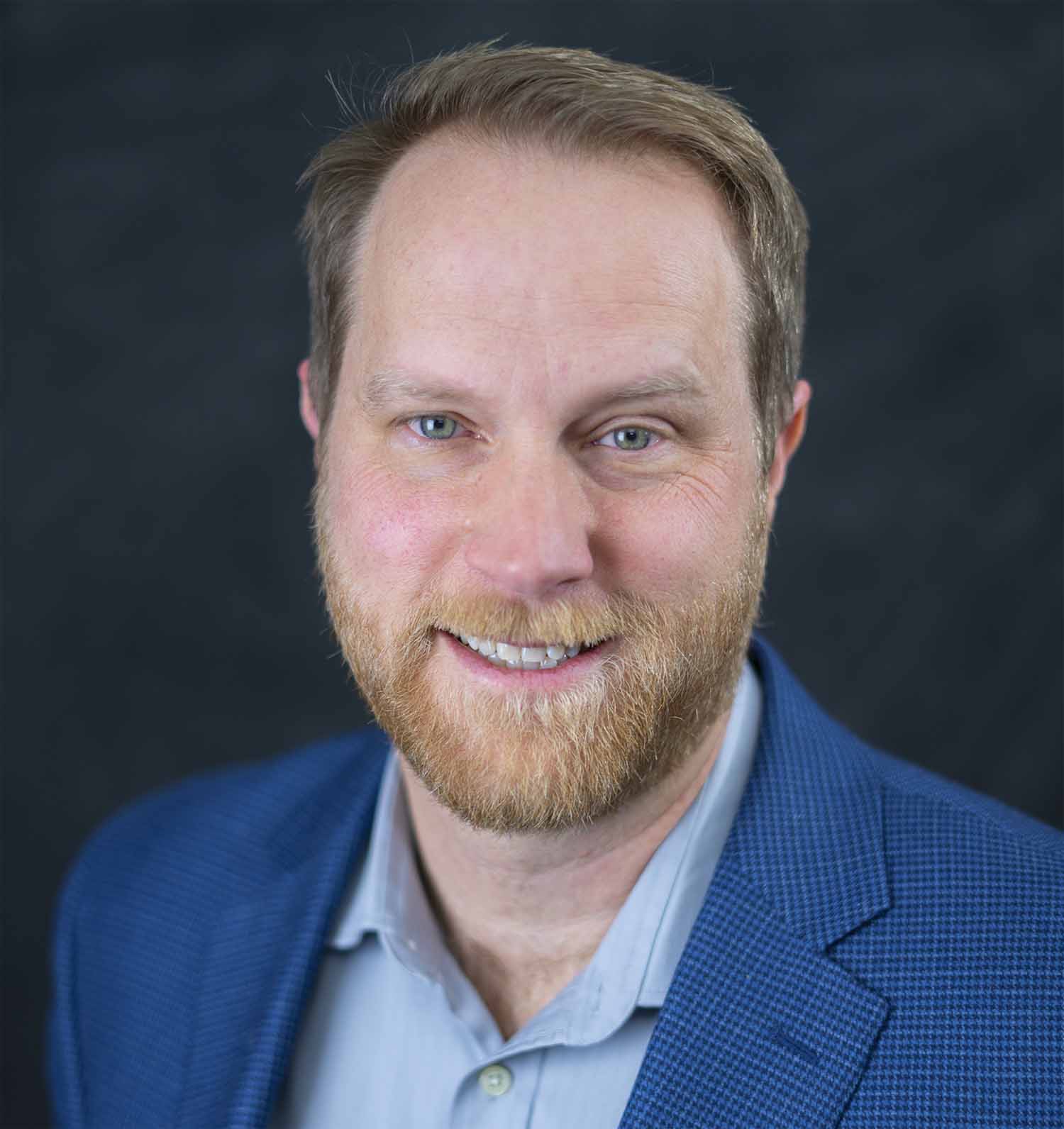
Dr. Matthew Campen
Campen received a BS in biochemistry from Virginia Tech in 1994 and a Master of Science in Public Health concentrating on environmental health from the University of North Carolina at Chapel Hill, in 1997. He received his PhD, in environmental health from UNC Chapel Hill in 2000 followed by a postdoctoral fellowship at the Johns Hopkins University School of Medicine. Prior to his current appointment, he worked as an independent scientist at the Lovelace Respiratory Research Institute in Albuquerque.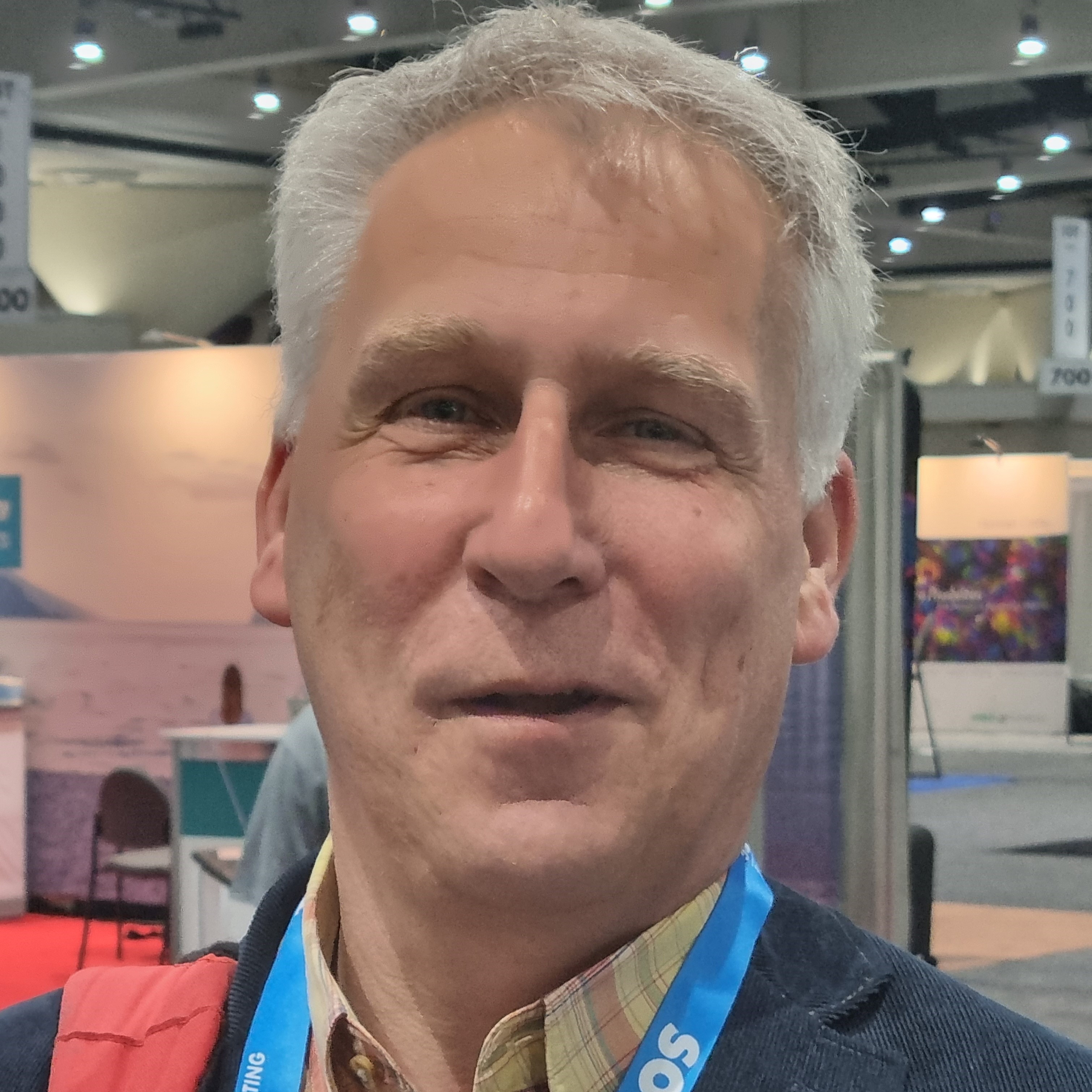
Dr. Flemming R. Cassee
Professor Flemming R. Cassee is an inhalation toxicologist and chief science officer at the Netherlands National Institute for Public Health and the Environment. In this position he is involved in research into adverse health effects from airborne nanomaterials and particulate matter (fine dust) and gaseous components (e.g. ozone, nitrogen dioxide) in the ambient air. In addition to this, Flemming Cassee is professor of inhalation toxicology at the Institute of Risk Assessment Sciences of the Utrecht University, the Netherlands. Flemming Cassee is senior scientific advisor to the Dutch Ministry of Infrastructure and the Environment, the Health Council of the Netherlands, World Health Organization and the Organization for Economic Co-operation and Development (OECD), and others. Furthermore he is Editor-in-Chief of the journal Particle and Fibre Toxicology and a reviewer/editor of a number of other international scientific journals. He is member of the coordination team of the European Nanosafetycluster, overarching EU funded nanosafety projects.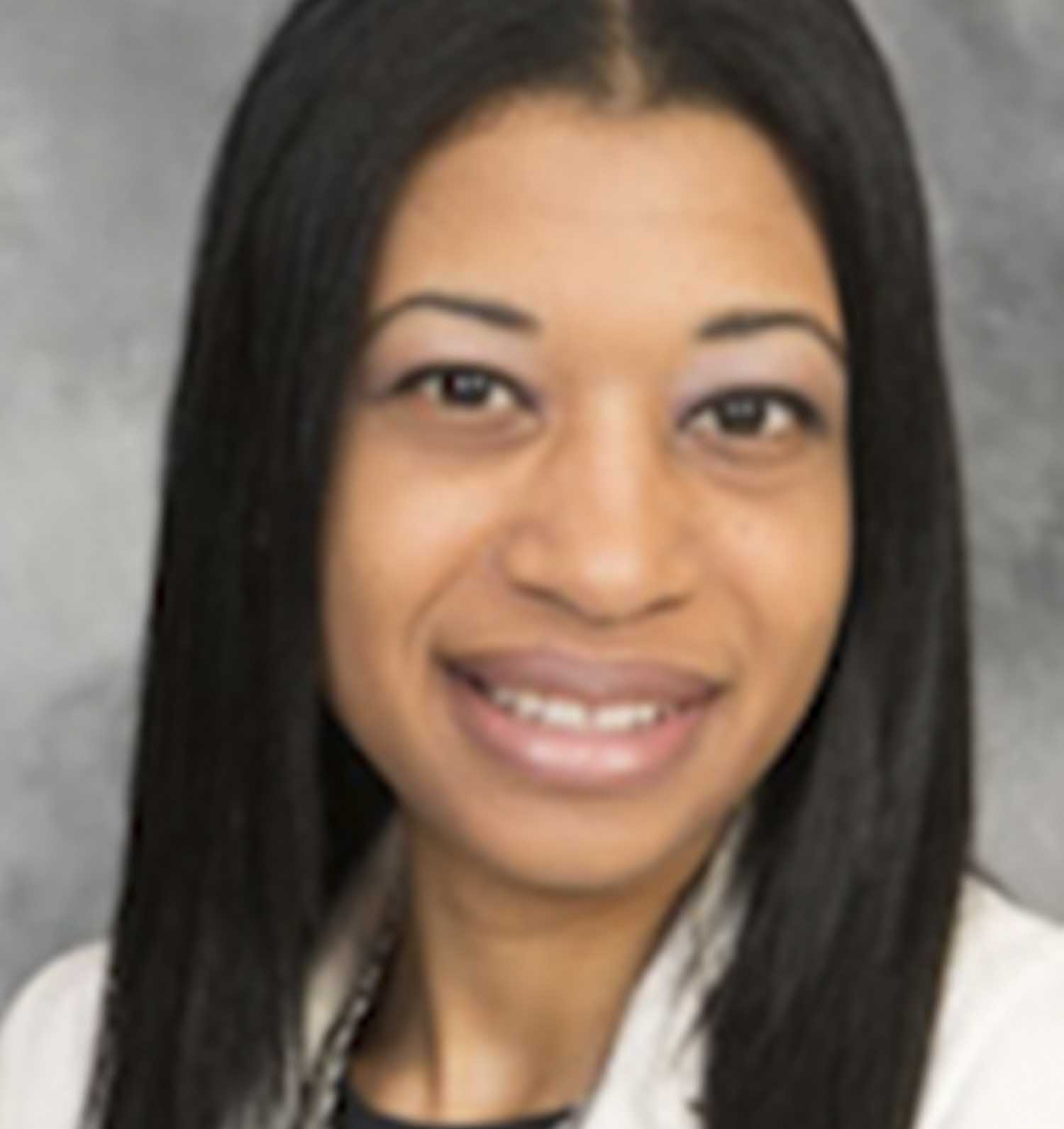
Dr. Alexandra Noël
Alexandra Noël, PhD is an Assistant Professor in the Department of Comparative Biomedical Sciences of the School of Veterinary Medicine at Louisiana State University (LSU). She conducts inhalation toxicology studies on cardio-pulmonary effects of in utero and adult exposures to second-hand smoke, electronic-cigarette aerosols and nanoparticles. Her publication record includes 22 peer-reviewed scientific articles that generated over 270 citations, and more than 70 oral and poster presentations at national and international scientific conferences. Dr. Noël’s laboratory is presently funded by the NIEHS and the NHLBI to conduct research on electronic-cigarette aerosols and cardio-pulmonary toxicity using both in vitro and in vivo models. In addition, Dr. Noël is the leader of the Inhalation Toxicology Core of the LSU Superfund Research Program. She also serves on the Membership Committee of the American Thoracic Society (ATS) (2018-2022), she is the 2021-2022 President of the Society of Toxicology (SOT) South-Central Regional Chapter, a member of the SOT Education and Career Development Committee, and she was the chair of the Gordon Research Seminar (GRS) on Lung Development Injury & Repair that was held in August 2017.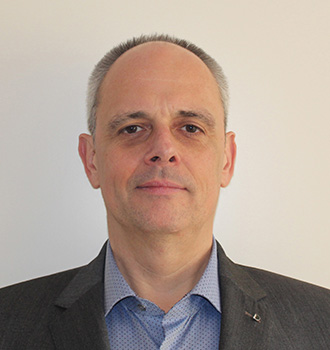
Dr. Roel Schins
Dr. Schins is a group leader at the Leibniz Research Institute for Environmental Medicine (IUF) in Düsseldorf, Germany, EU. Topics of research include particle, inflammation, and genome integrity. His main research is directed at understanding how particle can cause diseases in humans. The group’s previous research has substantially contributed to the identification of sustained inflammation as a key driver of the pathogenesis of particle-induced lung diseases including fibrosis and lung cancer. This mode of action is also in the centre of discussion regarding the potential genotoxicity and carcinogenicity of specific types of engineered nanomaterials. His current projects focus on the investigation of: (I) the mechanisms and kinetics of particle-induced inflammation, DNA damage and tissue remodelling, (II) the neurotoxic and neurodegenerative effects of engineered and unintentionally-generated nanoparticles, and (III) the development and validation of alternative in vitro models for toxicological risk assessment of inhaled and ingested particles.
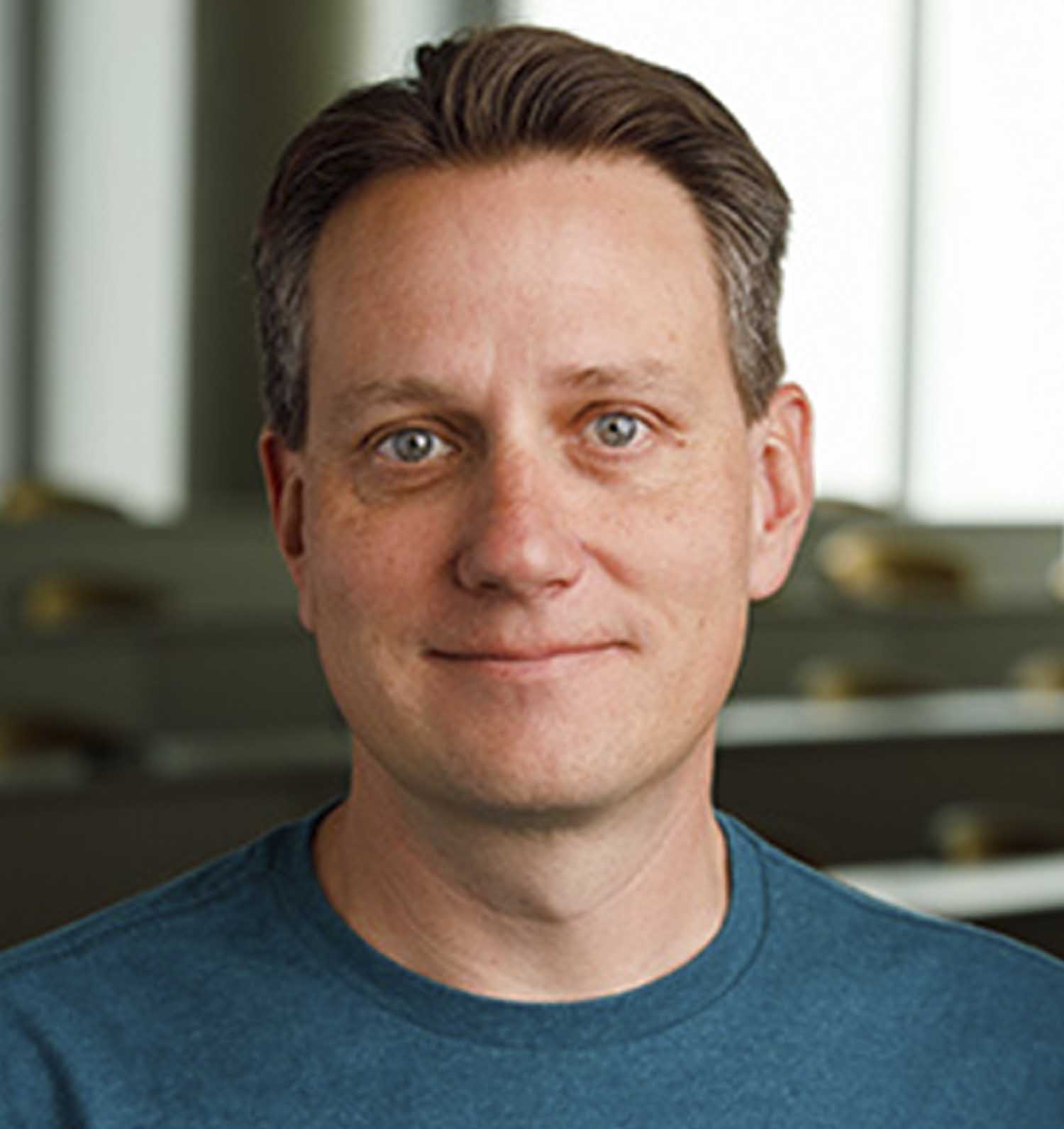
Dr. Jared Brown
Professor
Department of Pharmaceutical Sciences
University of Colorado Anschutz Medical Campus
Dr. Brown is a professor of toxicology at the University of Colorado with research interests on understanding how environmental exposures impact innate immune responses. Major areas of research in Dr. Brown’s lab include investigating novel non-IgE mechanisms of mast cell activation induced by particle and chemical exposures; the contribution of nano-sized silica exposure from sugarcane burning in the development of chronic kidney disease of unknown etiology (CKDu); and development of novel nano-based immunotherapeutics for treatment of bladder cancer.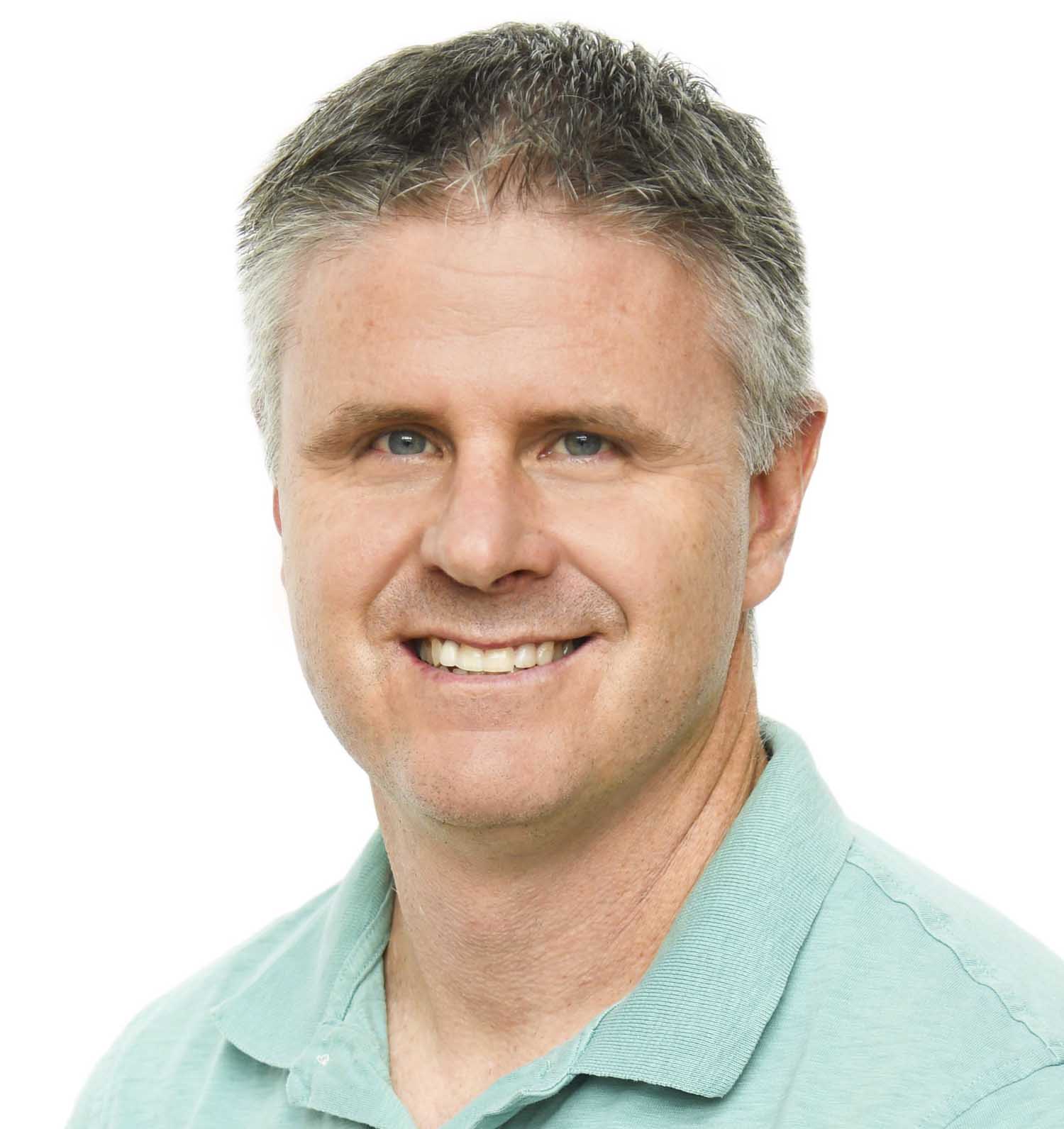
Dr. Christopher Reilly
Dr. Christopher A. Reilly is a Professor in the Department of Pharmacology and Toxicology, and Director of the Center for Human Toxicology at the University of Utah. Dr. Reilly received a BS in biology from the University of Utah in 1994 and a PhD in Toxicology from Utah State University in 1999, training with Dr. Steven D. Aust. Dr. Reilly completed post-doctoral training between 1999 and 2001 working with Dr. Garold S. Yost and Dennis J. Crouch.
Dr. Reilly has multiple research interests that are best summarized as understanding biochemical/molecular mechanisms by which xenobiotics interact with and affect, in beneficial and adverse ways, humans. Dr. Reilly’s research program focuses on: 1) the role of transient receptor potential (TRP) ion channels in the initiation and exacerbation of environmental lung diseases such as asthma by air pollutants; 2) the role of cytochrome P450 enzymes in regulating the toxicity and therapeutic efficacy of xenobiotics, specifically asthma therapeutics; and 3) drug discovery, specifically focusing on the discovery of novel natural products that are TRP modulators to regulate inflammation, pain, respiratory and other conditions.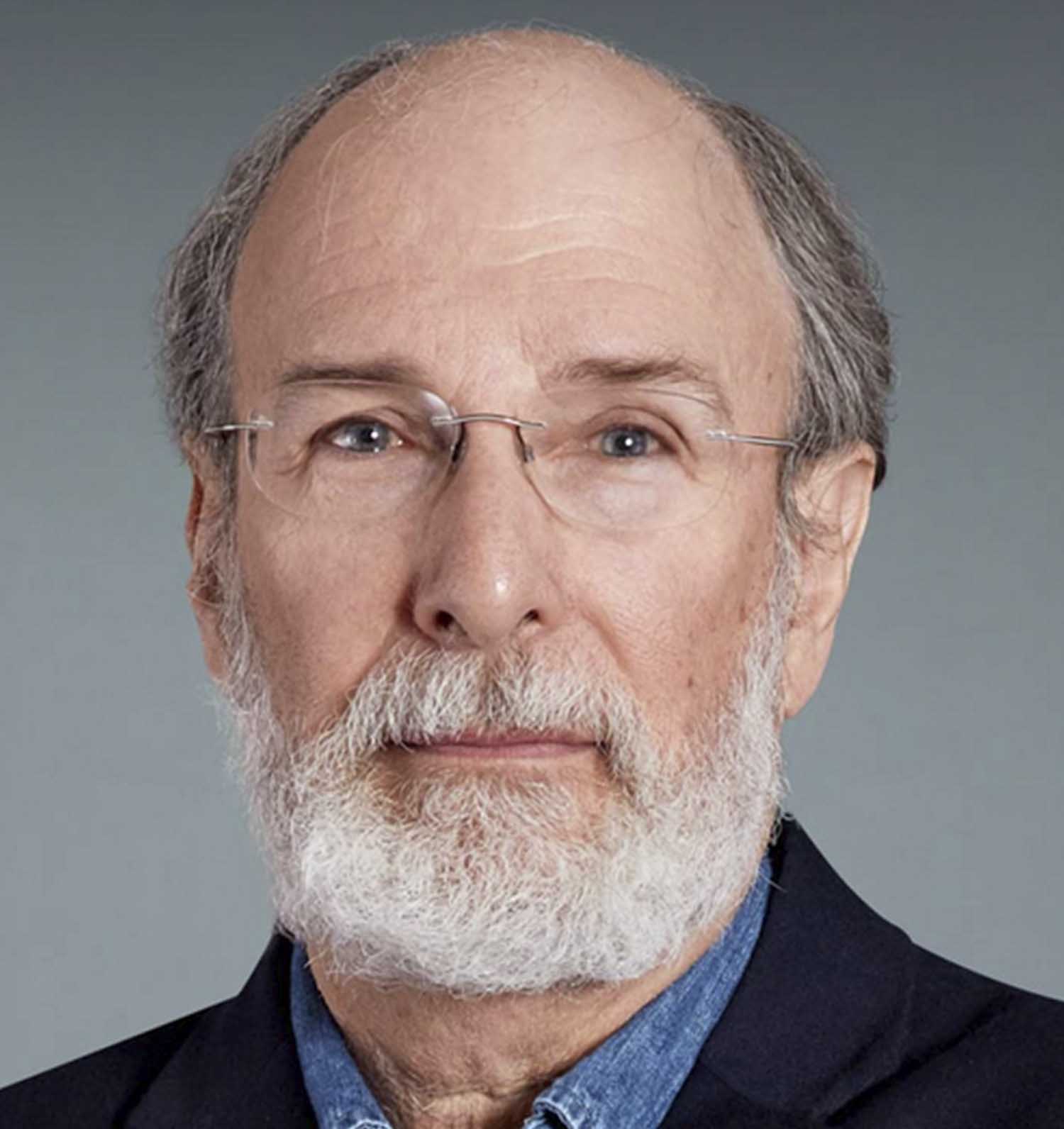
Dr. Terry Gordon
Dr. Terry Gordon holds the rank of Professor of Environmental Medicine at the New York University (NYU) School of Medicine. Dr. Gordon is past Chair of the American Conference of Governmental Industrial Hygienists (ACGIH) Threshold Limit Value (TLV) committee. Dr. Gordon's broad research interest is in inhalation toxicology. The major focus of his research lab is the identification and understanding of the role of susceptibility factors in the pathogenesis of the adverse pulmonary effects produced by inhaled environmental and occupational agents. He has served as a consultant/author to the EPA on issues of pulmonary toxicology related to the development of various documents, and served on EPA’s Clean Air Scientific Advisory Committee (CASAC) Oxides of Nitrogen (NOx), PM, and Sulfur Oxides (SOx) Primary National Ambient Air Quality Standards (NAAQS) Review Panels. Dr. Gordon's current research, supported by NHLBI, NIEHS, and NCI, examines the adverse health effects of alternative tobacco products and underground subway air pollution. He is also the Director of NYU's NIEHS-supported Training Grant in Environmental Toxicology.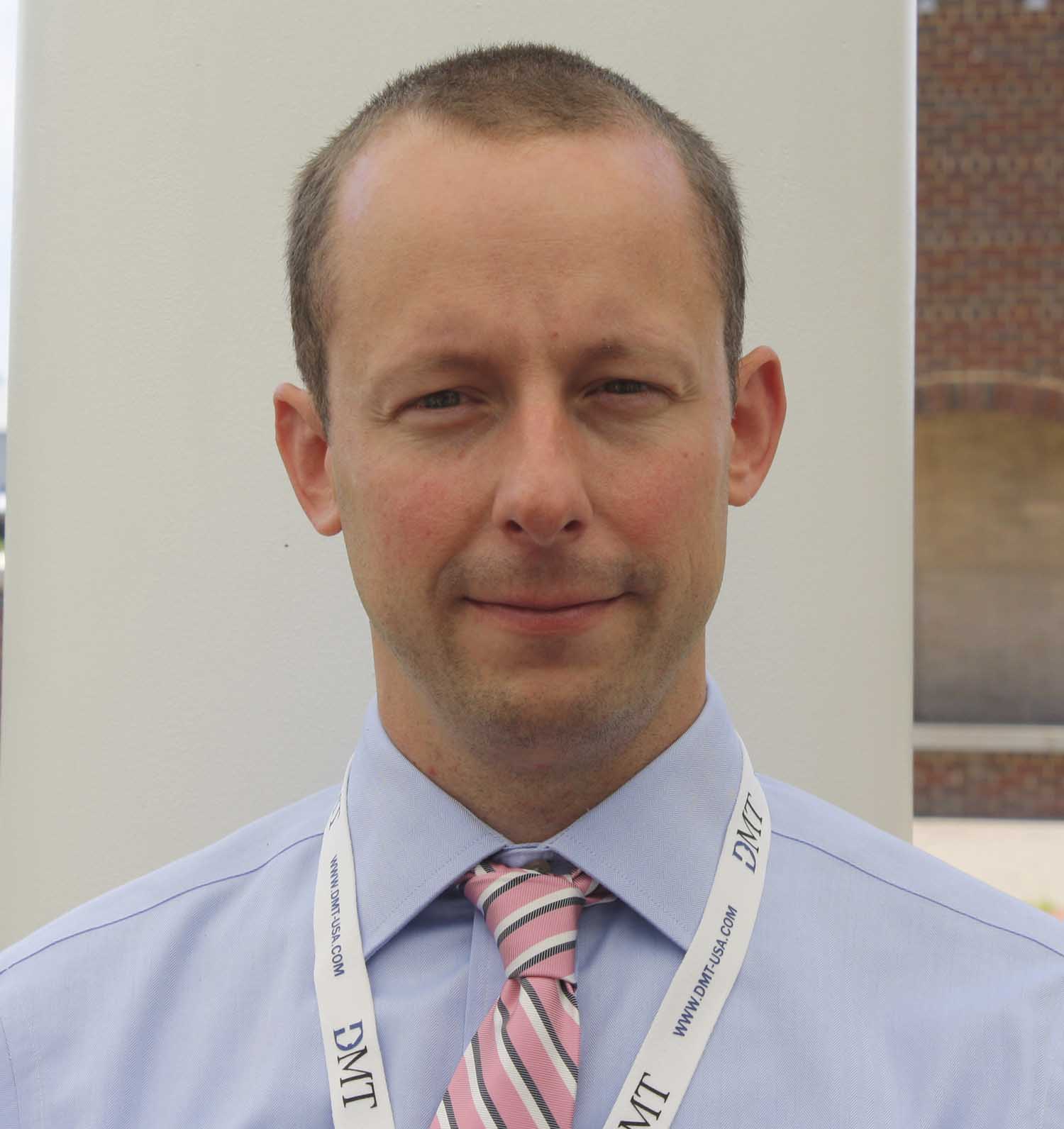
Dr. Aaron Erdely
Arron Erdely is a Research Biologist at the National Institute for Occupational Safety and Health. He is also Deputy Director of the Center for Inhalation Toxicology and an Adjunct Associate Professor in the Department of Physiology and Pharmacology in the School of Medicine at West Virginia University. Aaron has more than 16 years of experience studying pulmonary and systemic effects following an occupational exposure with an emphasis on engineered nanomaterials and metal-rich particulate matter.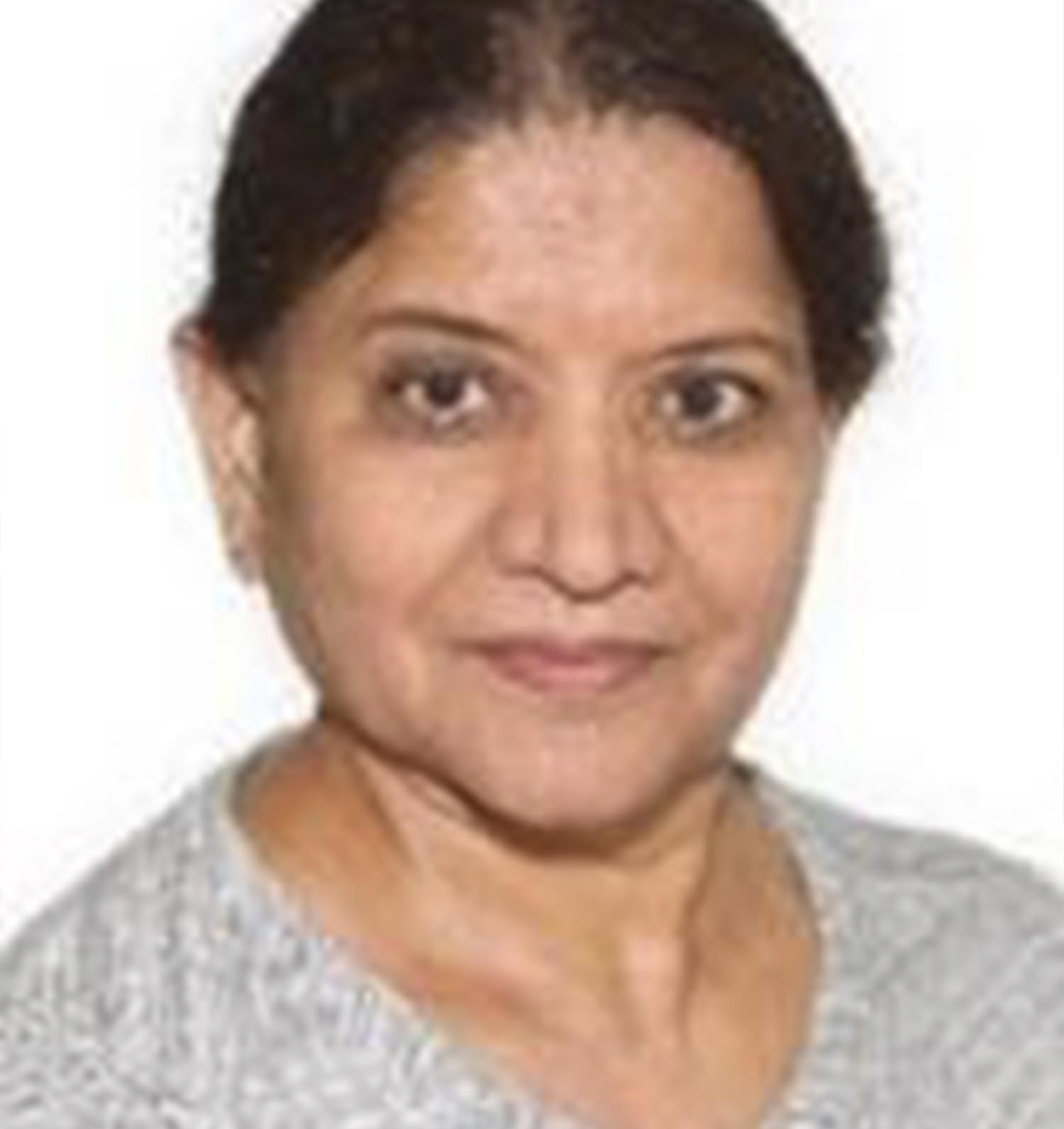
Dr. Urmila P Kodavanti
Urmila Kodavanti is a Senior Research Biologist at the U.S. Environmental Protection Agency in the Research Triangle Park, NC. She also serves as an adjunct faculty at the University of North Carolina, Chapel Hill, NC. Her current research focuses on how air pollutant exposures, and other chemical as well as non-chemical stressors activate neuroendocrine system and mediate not only pulmonary but also wide array of systemic effects. Kodavanti lab uses systems approach with animal models of diseases and nutritional inadequacies together with high throughput genomic, epigenetic and metabolomic technologies. She has served as the president of the SOT IRSS in 2014 and on other committees, organized and chaired scientific sessions at national and international meetings. She is an ad hoc reviewer of NIH grants and serves as a panel member for the University of California grants. She is an associate Editor of Inhalation Toxicology, Journal to Toxicology and Environmental Health Part B, and is on the editorial board of Environmental Health Perspectives, Toxicological Sciences, Toxicology and Applied Pharmacology and other journals.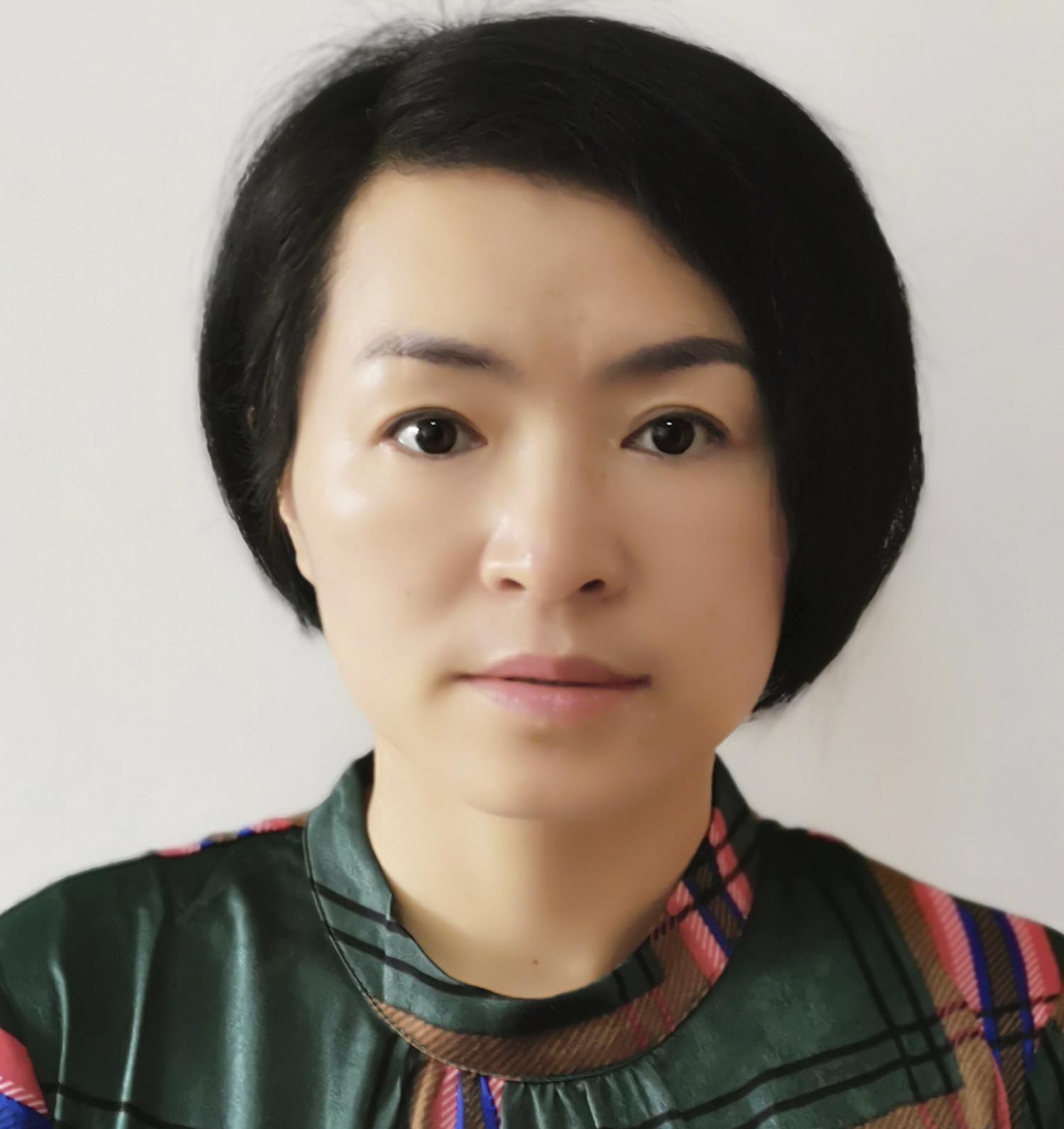
Dr. Cuiqing Liu
Dr. Cuiqing Liu is a professor of Environmental Toxicology at School of Public Health, Zhejiang Chinese Medical University in Hangzhou, China. At the current institution, her current research involve the toxic effects of particlate matters in ambient air and climate change. She mainly focuses on implicating the adverse cardiometabolic consequences of fine particulate matter (PM2.5) exposure, including worsening of insulin sensitivity, lipid dysfunction and osteoporosis. Dr. Cuiqing Liu currently has about 50 of publication and 4 of book chapters. As PI, She leads 4 grants from China goverment including Key R&D International Cooperation Projects. She is also involved at Chinese Society of Toxicology and Chinese Environmental Mutagen Society as member of the standing committee.
The organizers may be contacted via email at 2022IPTC@salud.unm.edu